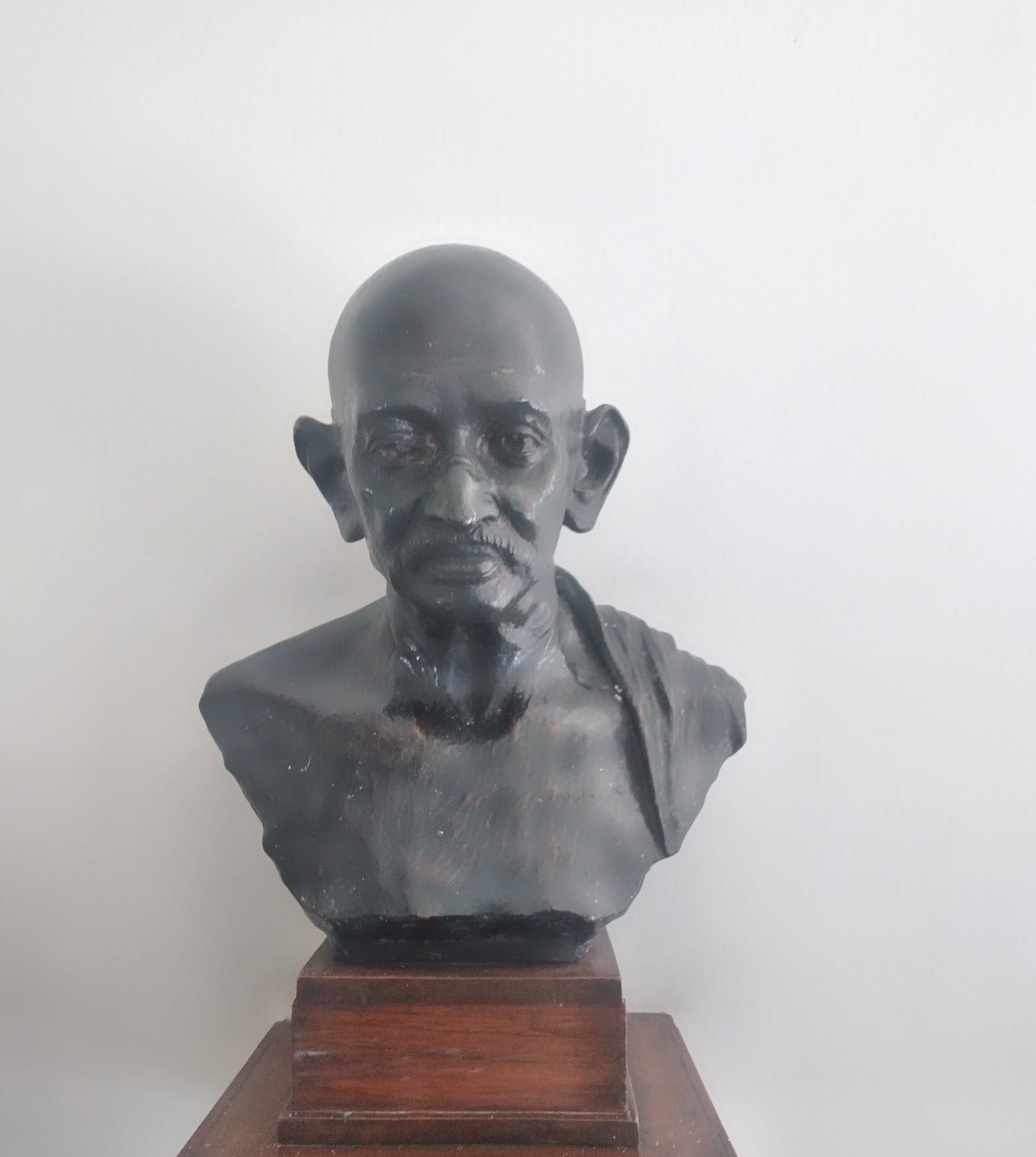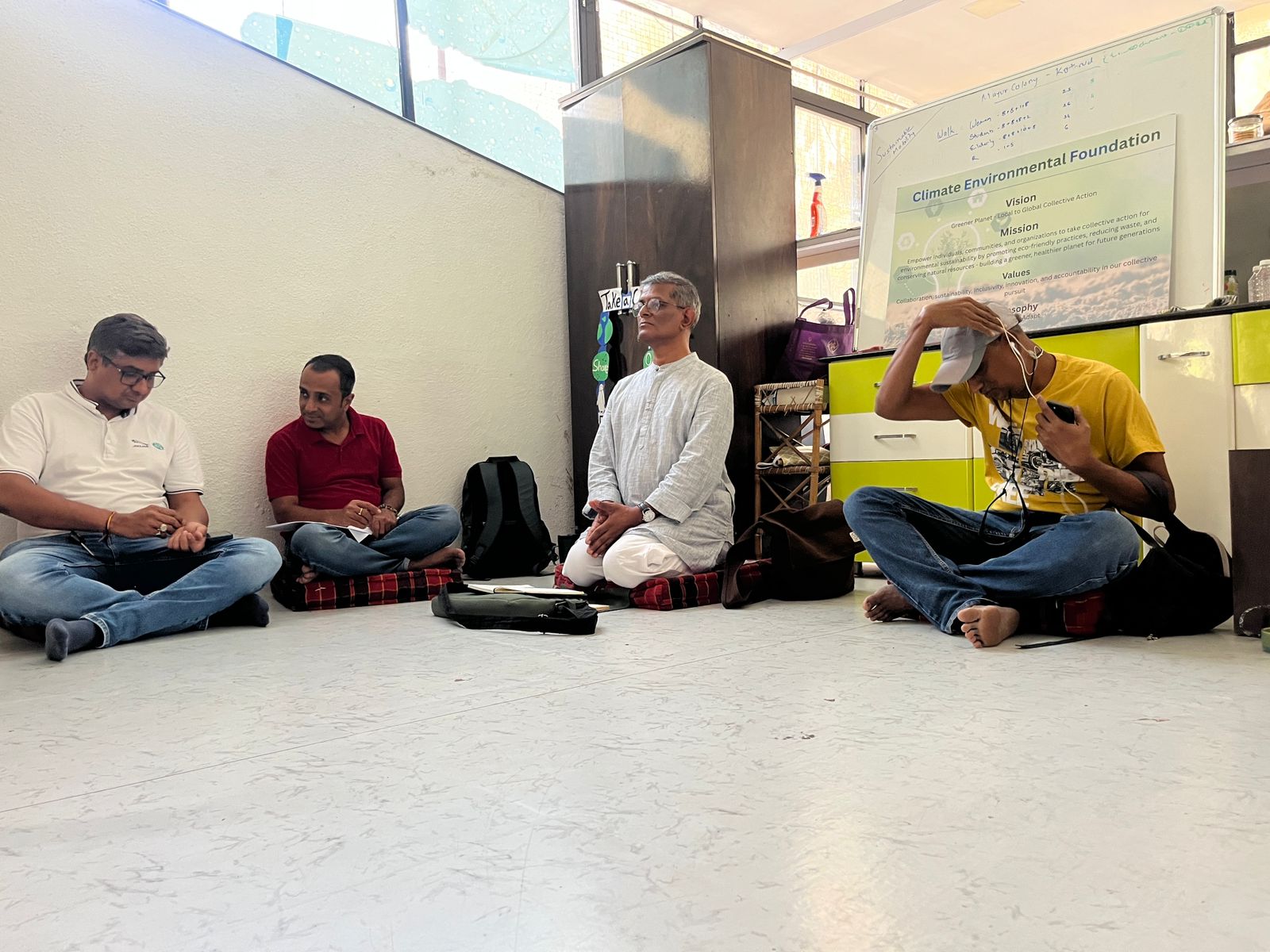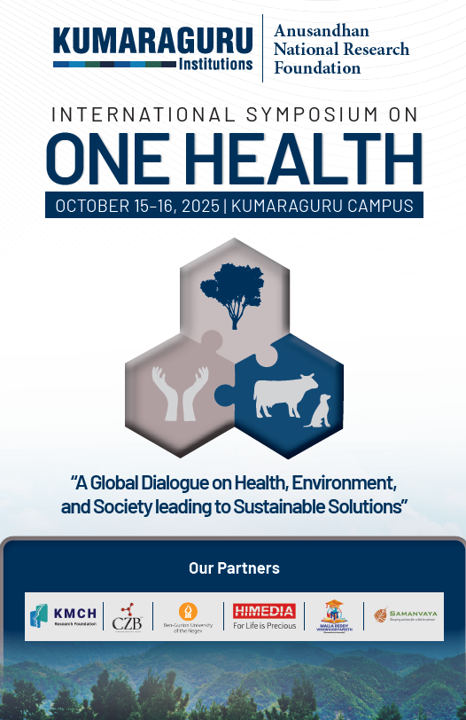Blog
19th Dec 2025: Sustainability & Livelihoods - Academic conferences continued to be disappointing through the year as alternative imaginations and gatherings with genuine questions and non-pretentious resolutions made more realistic sense. The last one I attended was organized with the help of the Fair Trade network in MSSW which continued the streak of academic indifferent conferences. Billed as a national conference, I was invited to talk on sustainable rural livelihoods alongside a young entrepreneur from Andhra Pradesh. The chairperson for the session who had met me for the first…
Recent times we have been asked to provide a Gandhian perspective on several contemporary issues. Gandhians and Gandhian institutions in India largely are absent in the public domain. Gandhi's political, social and economic ideas being referred in public spaces is referred only in an obscure or tangential manner by the dominant left and right.
So, here is an offering. Make this February a reflective one using the prism of Gandhi to reflect on the contemporary issues. Job insecurity, climate anxiety, lifestyle induced diseases,…
The writings form a living archive of resistance, responsibility, and reimagination, stretching from Tamil Nadu’s fields to the Arctic ice sheets. At one end are grounded inquiries into farming and local markets, such as the twin editions of Natural Farming in Tamil Nadu – A Status Report in English and Tamil, which map a landscape where soil, seed, and policy collide. Alongside this sits UnBranding – Local Market Syntax for a Climate Changed World, inviting readers to see the bazaar not just as a place of exchange but as a grammar of culture and climate…
The year unfolded as a tapestry of learning journeys, thoughtful dialogues, and purposeful collaborations across India. It began with the Tribal Entrepreneurship Workshop in Chennai and steadily moved through a series of national and regional engagements exploring sustainability, livelihoods, and indigenous knowledge. From conservation-linked livelihoods to green economy transitions, each workshop deepened the discourse on local wisdom and systemic change.Through the Swaraj Dialogues in November and December, Samanvaya facilitated reflective conversations that wove together practice and…
Thanks to the Government of India's emphasis on the Indian Knowledge Systems (IKS) in recent years, there has been a persistent demand for programmes from colleges and universities. With our expertise and networks, we offer the following programmes all of which will have the IKS framework embedded in them. 1. Green Economy Courses from Indian PerspectiveIntroduction to Green Economy: Certificate/PG-level course covering foundational concepts, frameworks, and global vs. Indian perspectives for building green economies.Green Economy – An Indian Approach: Hybrid program focusing on…
In the talk at the International One Health Conclave at Kumaraguru College of Technology, Coimbatore, Director Samanvaya made a presentation titled Synthesis as Solution from a Indian Knowledge System perspective. The presentation is hereThis presentation emphasizes the interconnectedness of all life, drawing from Indian wisdom and the “One Health” concept, which recognizes that human, animal, plant, and environmental health are deeply linked. It critiques current systems driven by consumption, short-term thinking, and ethical crises, suggesting that Indian philosophies—rooted in…




